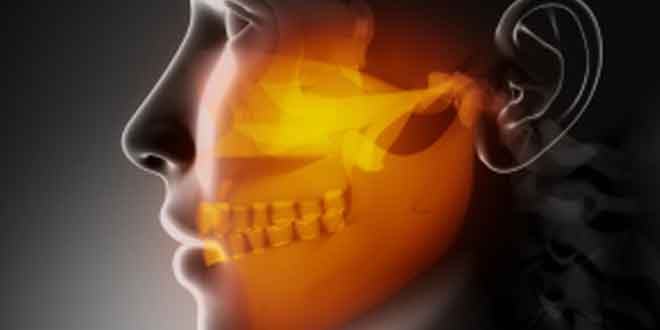
A Short Guide to Ear, Nose and Throat
Ear and Nose and throat specialists are also given the nickname ENTs (the correct medical term is Otolaryngologists) and these doctors specialize in otolaryngology. An Otolaryngologist’s job is to diagnose, manage and treat disorders of the head and neck, including the ears, nose, throat, sinuses, voice box (larynx) and other structures. Otolaryngology is a surgical specialty and ENTs are trained in the medical and surgical management of diseases from the following locations:
- Ear related conditions: You may need to see an Ear and Nose, and throat doctor if you have an ear disorder or condition, such as a hearing impairment, ear infections, disorders that affect balance, tinnitus (ringing in the ears), or pain in your ear. ENT specialists can also treat congenital disorders of the ear (disorders you were born with).
- Nose related conditions: ENT specialists often manage and treat problems that affect the nose, nasal cavity, and sinuses. These problems can affect smell, breathing, and physical appearance.
- Throat related conditions: Disorders and conditions that affect the throat can affect speech, singing, eating, swallowing, and digestion. ENT specialists can diagnose, manage, and treat these problems.
- ENT-related conditions of the head and neck: ENT specialists are trained to manage diseases, tumors, trauma, and deformities of the head, neck, and face. ENT specialists can perform cosmetic and reconstructive surgery using nasal drug delivery system in these areas. They can also manage problems with the nerves in the head and neck that control sight, smelling, hearing, and facial movements.
Your Ear and Nose and throat are all part of your upper respiratory system. They share the same anatomy and have similar mucus membrane linings. This means they get similar infections, allergies and a problem affecting one of them may also affect the others (for example ear pressure pain and strep throat can cause problems with your sinuses and constant phlegm in the throat). You need to see an ENT if you suffer from any of the following health issues:
- Injury to your ears, nose, or throat
- Nerve problems in your ears, nose, or throat
- Balance problems
- Dizziness
- Hearing impairment
- Ear infection
- Tonsil or adenoid infection
- Swimmer’s ear
- Pain in your Ear and Nose, or throat
- Tinnitus
- Ear, nose, or throat birth defects
- Breathing problems
- Down’s syndrome
- Asthma
- Allergy
- Sinus problem
- Growth or tumor in your ears, nose, or throat
- Deviated septum
- Undesired appearance of the nose or face
- Cleft palate
- Drooping of the eyelids
- Hair loss
- Nose bleeds
- Nasal congestion
- Problems with smell
- Voice or swallowing problems
- Sore throat
- Hoarseness
- Gastroesophageal reflux disease (GERD)

